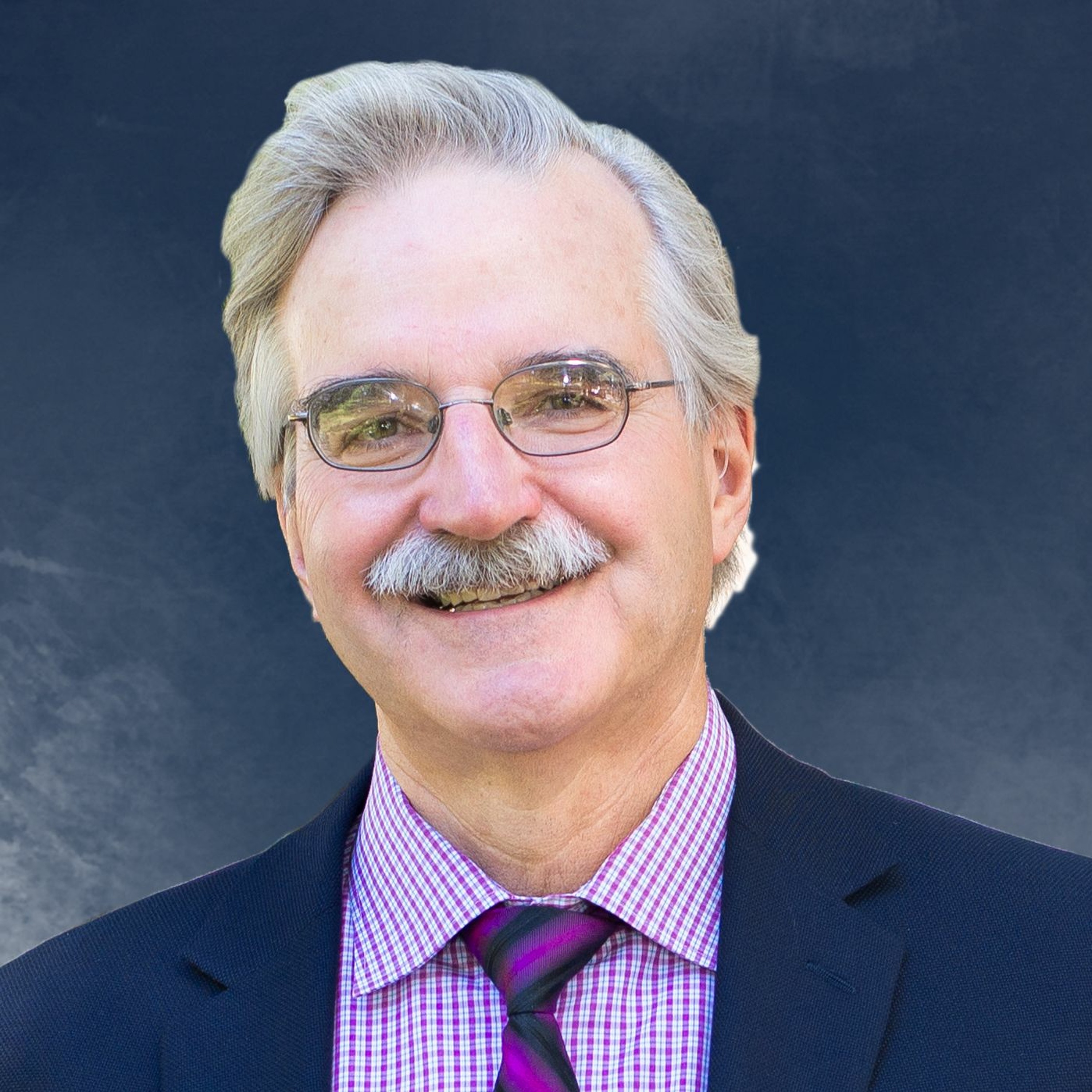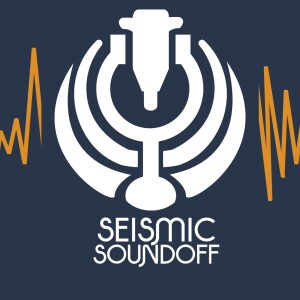
82: The present and future of training and education with Kurt Marfurt
 2020-06-04
2020-06-04
Download
Right click and do "save link as"
Seismic Soundoff is excited to welcome back Kurt Marfurt. Kurt joined the podcast for our second-ever episode that still remains one of the most popular episodes.
For this conversation, Kurt highlights the present state of education and training in geophysics, including the value and benefits of virtual education. He shares his thoughts on the most important area of focus for geophysicists right now, why there's a need to increase your quantitative and programming skills and offers his one piece of advice to succeed in geophysics. As with our first conversation, this one is not to be missed. Join host Andrew Geary and Kurt Marfurt on "The present and future of training and education."
Visit https://seg.org/podcast/Post/9056 for the complete show notes and links to Kurt's research articles, books, and courses.
BIOGRAPHY
Kurt J. Marfurt joined The University of Oklahoma in 2007 where he serves as the Frank and Henrietta Schultz Professor of Geophysics within the ConocoPhillips School of Geology and Geophysics. Marfurt’s primary research interest is in the development and calibration of new seismic attributes to aid in seismic processing, seismic interpretation, and reservoir characterization. Recent work has focused on applying coherence, spectral decomposition, structure-oriented filtering, and volumetric curvature to mapping fractures and karst with a particular focus on resource plays.
Marfurt earned a Ph.D. in applied geophysics at Columbia University’s Henry Krumb School of Mines in New York in 1978 where he also taught as an Assistant Professor for four years. He worked 18 years in a wide range of research projects at Amoco’s Tulsa Research Center after which he joined the University of Houston for 8 years as a Professor of Geophysics and the Director of the Allied Geophysics Lab.
He has received the SEG best paper (for coherence), SEG best presentation (for seismic modeling), as a coauthor with Satinder Chopra best SEG poster (one on curvature, one on principal component analysis) and best AAPG technical presentation, and as a coauthor with Roderick Perez Altimar, AAPG/SEG Interpretation best paper (on brittleness) awards. Marfurt also served as the SEG/EAGE Distinguished Short Course Instructor for 2006 and 2018 (on seismic attributes). In addition to teaching and research duties at OU, Marfurt leads short courses on attributes for SEG and AAPG and served as first Editor-in-Chief of the AAPG/SEG journal Interpretation.
CREDITS
Original music by Zach Bridges.
This episode was hosted, edited, and produced by Andrew Geary. Thank you to the SEG podcast team: Jennifer Crockett, Ally McGinnis, and Mick Swiney.
view more
More Episodes
012345678910111213141516171819
Create your
podcast in
minutes
- Full-featured podcast site
- Unlimited storage and bandwidth
- Comprehensive podcast stats
- Distribute to Apple Podcasts, Spotify, and more
- Make money with your podcast
It is Free
- Privacy Policy
- Cookie Policy
- Terms of Use
- Consent Preferences
- Copyright © 2015-2024 Podbean.com






